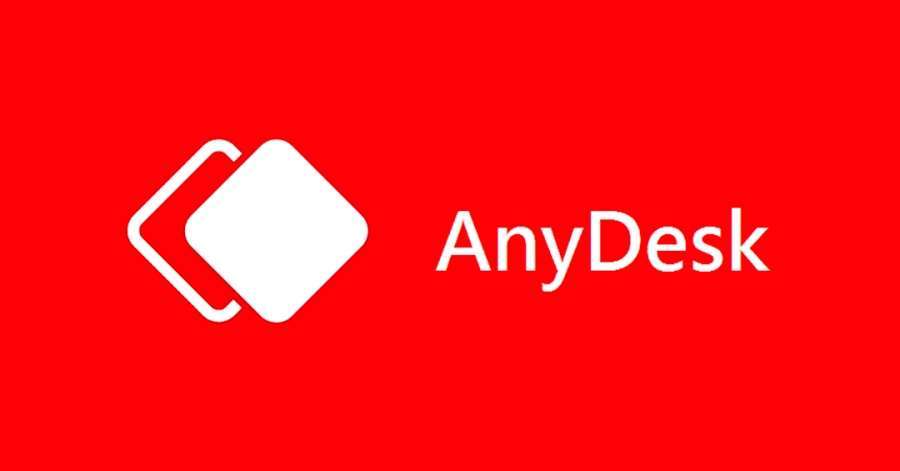AnyDesk, a widely used remote desktop software with over 170,000 customers, including major corporations and organizations, has suffered a cyberattack that compromised its production systems. While the full extent of the breach remains unclear, the company confirmed unauthorized access and potential theft of sensitive data, prompting urgent action from users.

The Breach
- Discovery: AnyDesk identified the intrusion after noticing suspicious activity on its servers.
- Scope of Attack: Hackers accessed production systems, potentially gaining access to source code and private code signing keys. It’s unclear how they infiltrated the network, and whether ransomware was involved.
- Data at Risk: While AnyDesk hasn’t explicitly confirmed data theft, the compromised systems raise concerns about user information, including passwords, session tokens, or private keys. The company maintains these are not stored, but the potential exposure remains.
User Impact and Recommendations
- Password Reset: AnyDesk has revoked all passwords for its web portal (my.anydesk.com) as a precaution. Users are strongly urged to change their passwords immediately, especially if reused on other platforms.
- Software Update: Download and install the latest AnyDesk version (8.0.8 or later). This update includes a new code signing certificate to mitigate potential risks associated with the stolen certificate.
- Vigilance: Monitor your AnyDesk account for any unusual activity and report suspicious occurrences promptly.
Unanswered Questions and Concerns
- Attack Vectors: The method of intrusion and the vulnerabilities exploited remain undisclosed, leaving users unsure of potential weaknesses in the software.
- Data Theft Confirmation: While AnyDesk emphasizes no evidence of stolen user data, the lack of complete transparency fuels concerns about the true scope of the breach.
- Long-Term Implications: The potential impact on user privacy and security in the future, including the possibility of future attacks or data misuse, remains unclear.
Expert Advice and Cybersecurity Best Practices
- Strong Passwords: Utilize unique and complex passwords for all online accounts, avoiding reuse across platforms.
- Two-Factor Authentication: Enable two-factor authentication wherever possible to add an extra layer of security.
- Software Updates: Regularly update your software, including AnyDesk, to address known vulnerabilities and security patches.
- Phishing Awareness: Be cautious of phishing scams and suspicious emails attempting to steal your information.
- Data Privacy: Be mindful of the information you share online and the permissions you grant to applications.
This incident underscores the critical importance of cybersecurity for both companies and individuals. While investigations are ongoing, users should prioritize the recommended actions to minimize potential risks and remain vigilant in protecting their online security.
Remember, even though AnyDesk claims no evidence of user data being stolen, it’s crucial to exercise caution and follow the recommended steps to safeguard your information. The evolving cyber landscape necessitates constant vigilance and proactive measures to ensure online safety.







